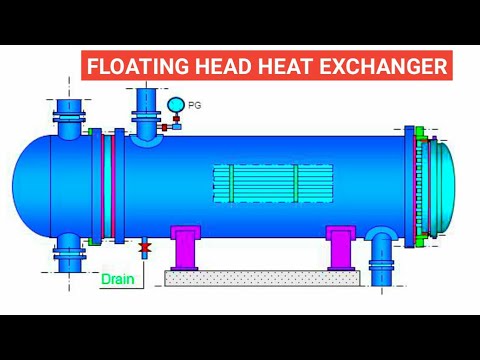Heat exchanger tubes are integral components in a wide range of industries, including power generation, chemical manufacturing, and heating, ventilation, and air conditioning systems. These devices facilitate heat transfer between fluids, Click Link providing effective temperature regulation in various applications. The construction of tube heat exchangers make them versatile and reliable in both industrial and commercial settings.
Tube heat exchangers mainly include several tubes, one set for hot fluid and another for cold fluid. The hot fluid passes through one set of tubes, while the cold fluid flows around them or through an additional set of tubes. This arrangement enables heat transfer without mixing the fluids, keeping the fluids separate while effectively transferring heat.
Tube heat exchangers come in various configurations, with shell and tube designs being the most common. In this configuration, tubes are housed within a cylindrical shell, allowing one fluid to flow through the tubes and another to flow around them within the shell. Double-pipe designs feature a simpler design with one pipe inside another, offering a compact solution for smaller-scale applications. U-tube heat exchangers, where tubes are bent into a U-shape, allow for thermal expansion and are ideal for situations where temperature fluctuations are common.
Tube heat exchangers are designed for robustness and efficiency. The materials, usually stainless steel, copper, or titanium, are chosen based on the operating conditions and fluids. Corrosion resistance is a critical factor, especially in chemical industries where harsh fluids are used. The design allows for easy maintenance and cleaning, which is essential for ensuring long-term performance and preventing fouling, which can otherwise reduce heat transfer efficiency.
Tube heat exchangers also offer excellent flexibility. The modular design enables customization of size, shape, and arrangement for specific project needs. Their capacity to withstand high pressure and temperature makes them ideal for applications in demanding industrial environments.
Tube heat exchangers are used across various industries, including power plants for cooling water, and in oil refineries, where they help manage fluid temperatures in distillation processes. They are also essential in HVAC systems, providing effective heating or cooling in commercial buildings.
